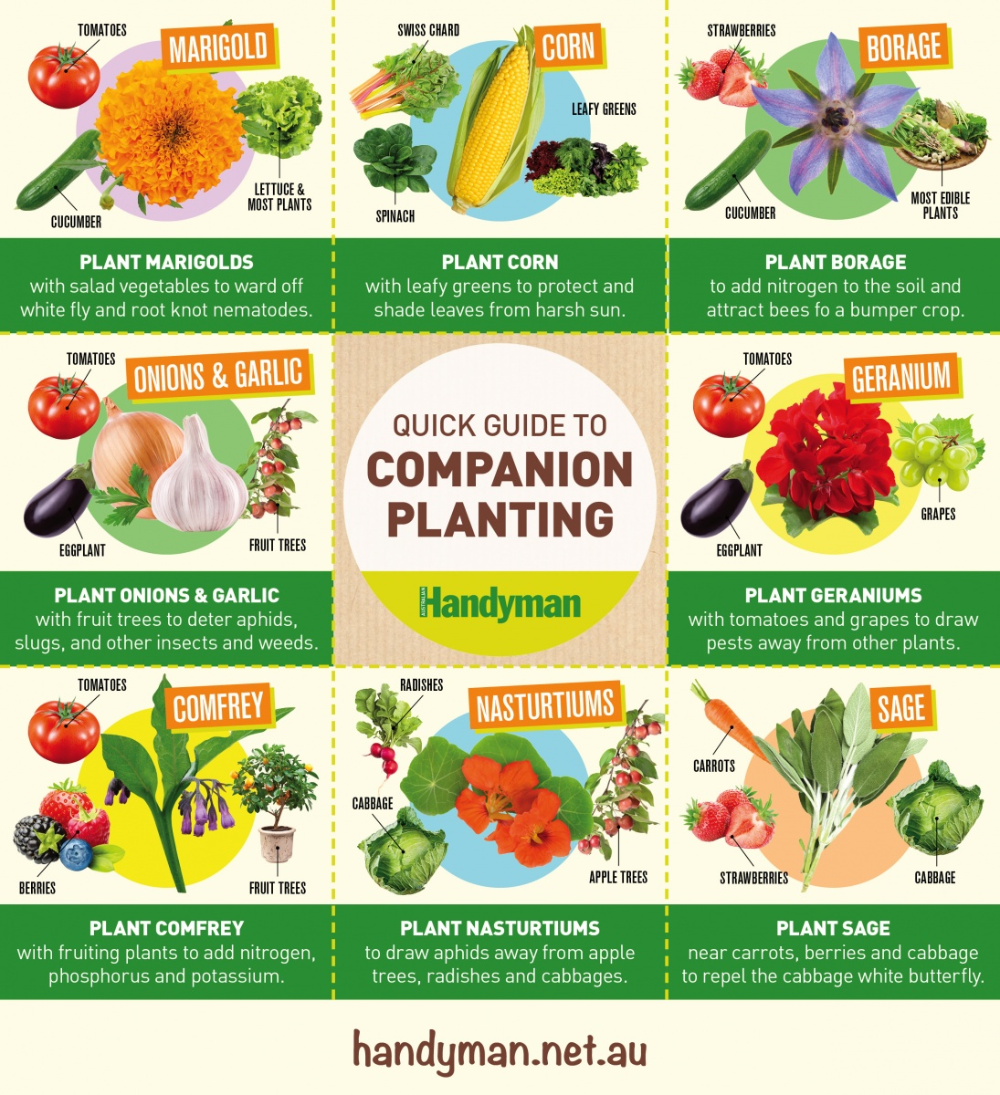Companion Planting and Beneficial Insects: Creating Harmony in Your Garden
When it comes to gardening, there is a delicate balance between nurturing your plants and protecting them from pests. Many gardeners often resort to chemical pesticides, but these can have harmful effects on the environment and even on our health. Fortunately, there is an alternative approach that not only keeps pests at bay but also promotes healthy growth in your garden – companion planting.
Companion planting is a time-honored practice of growing different plants together for their mutual benefit. By strategically placing compatible plant species next to each other, you can create a harmonious ecosystem that supports natural pest control, improves soil fertility, and enhances overall crop yield.
One of the key benefits of companion planting is its ability to attract beneficial insects to your garden. These insects act as natural predators against common pests and help maintain a balanced ecosystem without the need for harmful chemicals. Let’s take a closer look at some common beneficial insects and how companion planting can attract them.
1. Ladybugs: The adorable ladybug may seem harmless, but they are voracious predators when it comes to aphids, mealybugs, mites, and other soft-bodied insects that feed on plants. To attract ladybugs into your garden, consider planting dill or fennel nearby. Their umbrella-like flowers provide shelter for ladybugs while attracting aphids – one of their favorite meals!
2. Lacewings: Lacewings are another valuable ally in organic pest control efforts. They consume aphids by the dozens every day while also preying on thrips and small caterpillars. To invite lacewings into your garden, plant yarrow or goldenrod near affected crops such as tomatoes or cabbage.
3. Hoverflies: Hoverflies resemble bees with their black-and-yellow striped bodies but do not possess stingers like their buzzing counterparts do. Also known as flower flies or syrphid flies, hoverflies are important pollinators and voracious predators of aphids. Planting nectar-rich flowers like marigolds, sunflowers, or alyssum can entice these beneficial insects into your garden.
4. Ground Beetles: If you’re dealing with pests like slugs, snails, cutworms, or root maggots, ground beetles are your best friends in the garden. These nocturnal creatures thrive on eating pests that lurk in the soil. Companion plants such as sweet alyssum and dill provide ground beetles with shelter and nectar to encourage them to stay close by.
5. Parasitic Wasps: Despite their intimidating name, parasitic wasps are actually harmless to humans but merciless towards insect pests such as caterpillars and aphids. These tiny wasps lay their eggs inside host insects, effectively controlling their populations from within. To attract parasitic wasps to your garden, consider planting herbs like parsley or dill.
In addition to attracting beneficial insects through companion planting, there are other practices you can adopt for a thriving garden ecosystem:
1. Diversify Your Garden: Planting a variety of species creates an environment that is less susceptible to pest infestations. Mixing flowering plants with vegetables not only adds beauty but also attracts pollinators and predatory insects.
2. Rotate Crops: Avoid planting the same crop in the same spot year after year as this can lead to nutrient depletion and increased susceptibility to diseases and pests. Crop rotation helps maintain soil health while reducing pest pressure naturally.
3. Provide Water Sources: Beneficial insects require water sources just like any other living creature! By placing shallow dishes filled with water throughout your garden or hanging up small birdbaths nearby, you create inviting spots for beneficial insects to rest and rehydrate.
4. Mulch Regularly: Applying organic mulch around plants helps conserve moisture levels, suppresses weed growth, and creates a favorable habitat for beneficial insects. Mulch also breaks down over time, enriching the soil with valuable nutrients.
Companion planting and attracting beneficial insects not only create a healthier garden but also promote sustainability and environmental consciousness. By reducing our reliance on chemical pesticides, we contribute to the preservation of our planet’s delicate ecosystems.
So next time you plan your garden layout or tackle pest control issues, remember the power of companion planting and embrace the beauty of nature’s allies. Your plants will thank you, and you’ll be rewarded with a bountiful harvest that is in harmony with nature.


Leave a comment